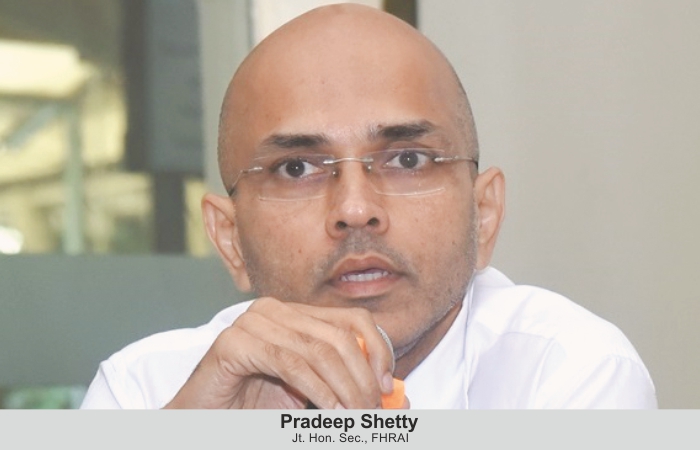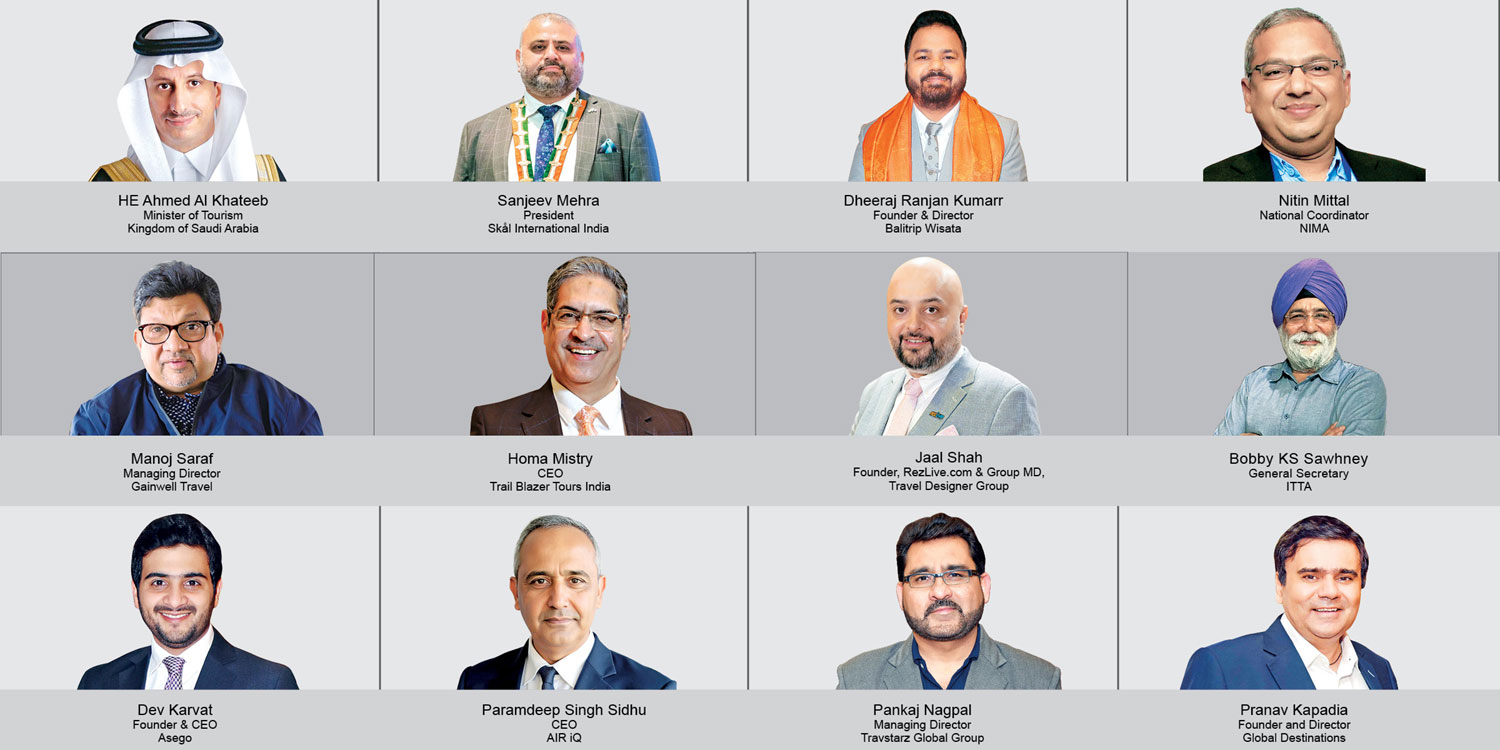FHRAI has been requesting the central government to waive off the secondary condition with regard to average forex earnings under the EPCG scheme retrospectively from 2007-08 in order to become more competitive as a destination in Asia.
Hazel Jain
The Federation of Hotel and Restaurant Associations of India (FHRAI), seeking waiver of the secondary condition with regard to average forex earnings under the EPCG scheme retrospectively from 2007-08, has sought intervention of the Union Finance Minister to resolve the long-pending issue.
It is understood that the Centre Government is planning to scrap the EPCG scheme altogether for the hospitality industry.
Speaking over the issue, Pradeep Shetty, Joint Honorary Secretary, FHRAI, said, “If India wants to compete for international tourists with South East Asia and Sri Lanka, we need to be completely attuned to global standards. This is in terms of technology, décor, property, maintenance systems and the like. So many things are not manufactured in India. Therefore, the EPCG scheme is of prime importance. In fact, this is not causing any kind of monetary loss to the country because the primary condition is that when you import on zero duty, the hospitality industry earns six times that in terms of forex.”
Shetty added, “Of course, we accept the fact that we are moving towards Atmanirbhar and Make in India, but we cannot do that for hospitality till such a time as our manufacturing industry gives us singular products in terms of quality, pricing and technology. At such a time, to completely scrap this scheme would be detrimental to the tourism as well as hospitality industries.”
When the FHRAI team met Union Tourism Minister G. Kishan Reddy to discuss the issue, he agreed to conduct a survey or consultation on it. Now, the FHRAI would give a list of things imported into India and verify if they are available in India. However, this is yet to happen.
Waiving secondary conditions
The secondary condition says that hotels have to maintain an average of the first three years after importing the goods.
“Until 2005-2008, forex earnings were high. After that, political situations around the world forced free trade agreements (FTAs) into India to drop. The secondary condition requires us to maintain an average of the first three years, which is something that is impossible to achieve,” Shetty said. “The FHRAI has had several rounds of meetings with the Directorate General of Foreign Trade and the empowered committee there, as well as the Tourism
Minister. This waiver of secondary conditions due to de-growth – on average of about 8 per cent – is provided by the Directorate General of Foreign Trade rules. Such waivers have been given to other industries. We will make a strong case for waiving this second condition,” he added.
 TravTalk India Online Magazine
TravTalk India Online Magazine





